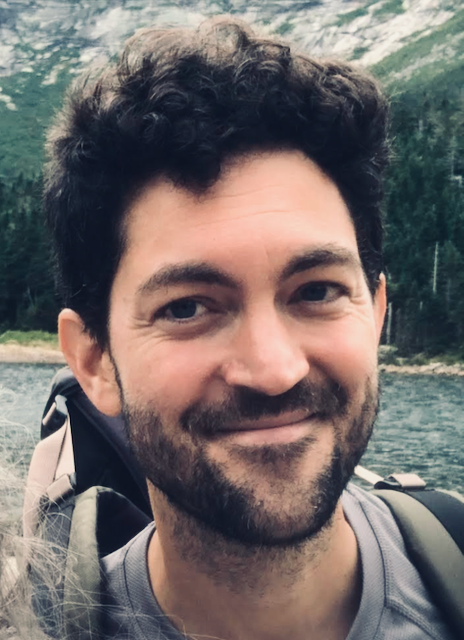Climate surprises - how do we prepare?
Published:
“Nothing is so painful to the human mind as a great and sudden change.” —Mary Shelley 1818
Our lab group recently collaborated on a paper just out, “The surprising oceanography of the Gulf of Maine”. We were broadly asking about ocean / climate surprises that have happened historically, and what we might have to prepare for in the future. The question is challenging and a bit paradoxical, because if we were prepared, it wouldn’t be a surprise. Yet the extreme events that catch us off guard are really dangerous.
Paper is here: https://digitalcommons.library.umaine.edu/cgi/viewcontent.cgi?article=1973&context=mpr
There are different types of surprises we discussed. The sea level rise discussion captures one type of surprise called open surprises:
“For sea level rise, for example, we know that there is an on-going climate-driven process occurring, but sea level rise tends to do its damage during sudden events, where the background sea level rise is amplified by the coincidence of a high tide and a storm surge. This type of event can reshape a coastline suddenly and unexpectedly, even when people are aware of the issue.”
This turned out to be prescient, as just a month later, in early January of this year, we had a climate disaster in Maine where this process played out, causing major damage along the coast of Maine.
The other type of surprises, closed surprises, it a bit like the so-called “unknown unknowns”. We discussed a few possibilities:
- New harmful algal or bacterial species affecting human health (e.g. Karenia, Pseudo-nitzschia, Vibrio)
- Pathogens affecting fisheries directly, such as epizootic shell disease in lobsters
- Extreme precipitation events
- Some others, that we discuss in the paper
How do you prepare for the unexpected? There are a few ideas we discuss in the paper, such as something called “foresighting”. It’s a tough question, but there’s a shift in focus that we need in order to incorporate this type of event into our preparations. This quote from Wally Broecker in 1987 captures it well:
“My suspicion is that we have been lulled into complacency by model simulations that suggest a gradual warming over a period of about 100 years.”
If these topics resonate, check out the full paper, where we go into a lot more detail: https://digitalcommons.library.umaine.edu/cgi/viewcontent.cgi?article=1973&context=mpr
